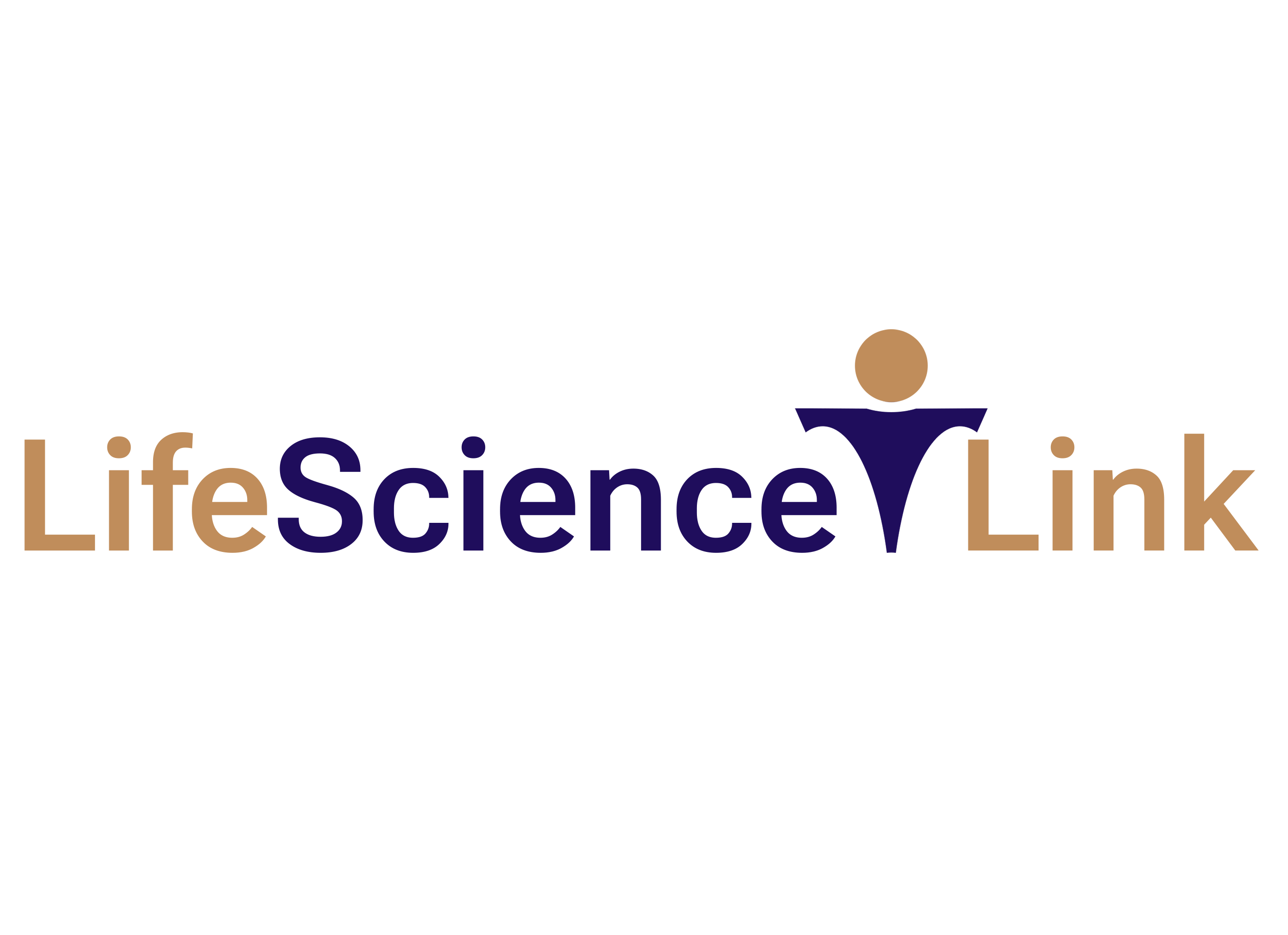Adaptability and Continuous Learning in Life Sciences


Thriving in a Constantly Evolving Industry
Are you ready to evolve with the life sciences industry? Change is the only constant in a world of rapid innovation, shifting regulations, and ever-evolving research landscapes. What’s cutting-edge today might be obsolete tomorrow. In this high-stakes environment, adaptability and continuous learning aren’t optional—they’re essential. For professionals and employers alike, success depends on the ability to respond swiftly to change, absorb new knowledge, and apply it under pressure.
Why Adaptability Matters in Life Sciences
Whether you’re managing a clinical trial, working in regulatory affairs, conducting lab research, or developing biopharma strategies, unexpected variables are part of the job. A protocol might need a last-minute revision, a new regulation could upend your timeline, or a competitor might disrupt the market. Take the COVID-19 pandemic as an example: life sciences professionals had to pivot fast—shifting research priorities, adopting remote work, and accelerating vaccine development. Those who can adapt quickly and keep projects on track are the ones companies depend on most.
Adaptable professionals:
- Respond constructively to unforeseen challenges
- Embrace new tools, platforms, and scientific approaches
- Integrate feedback without resistance
- Maintain performance under pressure or ambiguity
Employers gain a clear edge with adaptable employees who transition seamlessly between tasks, projects, or roles. In this fast-paced industry, adaptability drives innovation, builds resilience, and keeps teams focused when plans shift.
Continuous Learning: The Mark of a High-Value Candidate
In a sector where knowledge evolves daily, continuous learning is a must-have skill. Professionals who stay curious, upskill regularly, and keep pace with industry trends remain relevant—and invaluable.
Continuous learners:
- Proactively pursue training and certifications (e.g., enrolling in a bioinformatics course or attending webinars on AI in drug discovery)
- Stay informed about new regulations, technologies, and methodologies (e.g., subscribing to journals like Nature or following FDA updates)
- Learn from cross-functional collaboration and real-time feedback
- Demonstrate initiative and intellectual curiosity
For candidates, showcasing a learning mindset can make you stand out. Mention how you’ve adapted to new roles, mastered cutting-edge systems, or pursued specialized training (like a course on CRISPR technology) to prove your commitment to growth.
For Employers: Building a Future-Proof Workforce
Companies that prioritize adaptable, growth-oriented professionals are better equipped to handle change and lead innovation. Adaptable teams can pivot to new projects 30% faster, speeding up time-to-market for critical therapies. Fostering adaptability and learning within your organization means:
- Reducing downtime during transitions or market shifts
- Creating a culture of agility and curiosity
- Fostering internal mobility and leadership development
- Ensuring compliance with evolving standards and protocols
Hiring for adaptability and continuous learning lowers risk, boosts retention, and builds a culture ready to tackle regulatory changes, clinical trial pivots, or technological leaps with confidence.
How to Identify Adaptability in Candidates
Look for professionals who:
- Have succeeded in varied roles or industries (e.g., transitioning from academia to industry)
- Can explain how they’ve handled change or uncertainty (e.g., navigating a project that changed direction unexpectedly)
- Show enthusiasm for upskilling or learning from peers
- Are open to feedback and new ideas
In interviews, try questions like:
- “Describe a time when a project changed direction unexpectedly. How did you adjust your approach?”
- “How do you stay updated on industry trends and new technologies?”
Their responses often reveal more than a CV ever could.
LifeScience-Link’s Perspective
At LifeScience-Link, we look beyond static qualifications. We connect candidates and employers based not just on skills, but on the mindset and flexibility that ensure lasting impact. We champion professionals who adapt, learn, and lead in this dynamic industry.


